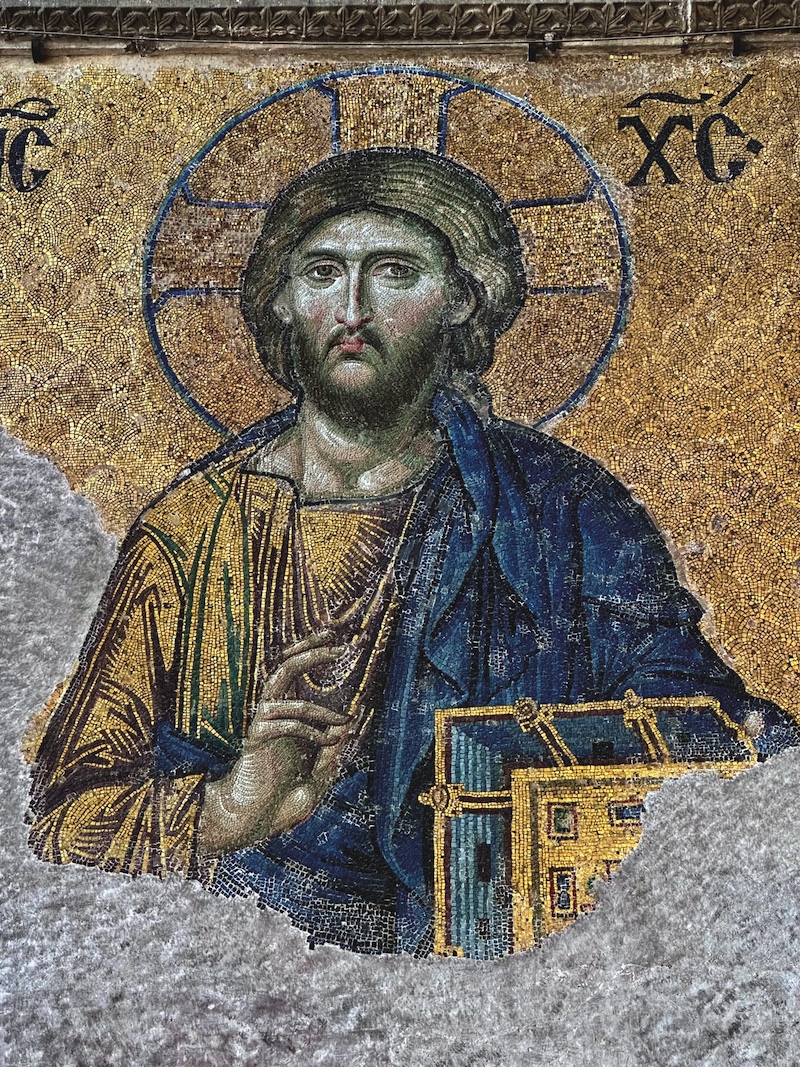
Text: Lukáš Kubín; Photo: Archive
Drawing on expertise honed at Oxford University and enriched by years of travel and research, Kubín offered the audience a vivid journey through time, from the founding of Byzantium, through the splendor and turbulence of Constantinople, to the vibrant metropolis of modern Istanbul.
He emphasized that Istanbul is not merely a city, but a living symbol of continuity and rein vention, standing at the meeting point of Europe and Asia, of the past and the future. Kubín began by reflecting on the city’s mythical and historical origins. According to legend, the founding of Byz antium was guided by an oracle of Delphi. As a modest colony of Megara, Byzantium thrived on trade, thanks to its strategic posi tion along the Bosphorus. It was, even then, a place of crossroads— where mariners, merchants, and warriors from diverse lands met and mingled.
The lecture then turned to the Roman and Byzantine eras, with particular attention to the refounding of the city as Constantinople by Emperor Constantine the Great in 330 CE. Kubín illuminated how Constantine’s vision transformed Byzantium from a provincial city into a capital worthy of empire—a new Rome that sought to unite the Christian faith with imperial power. The city became a magnificent stage upon which religious, political, and cultural dramas unfolded. The construction of Hagia Sophia, the Hippodrome, and the formidable city walls reflected both ambition and resilience. Kubín highlighted how Constantinople, while becoming a center of Christian faith, also retained layers of its earlier traditions. The city’s religious landscape was, for a time, eclectic: the memory of pagan gods lingered in its streets and monu ments, even as churches rose in place of temples. It was, as Kubín noted, a place where “the past was never entirely erased, only rewritten.”
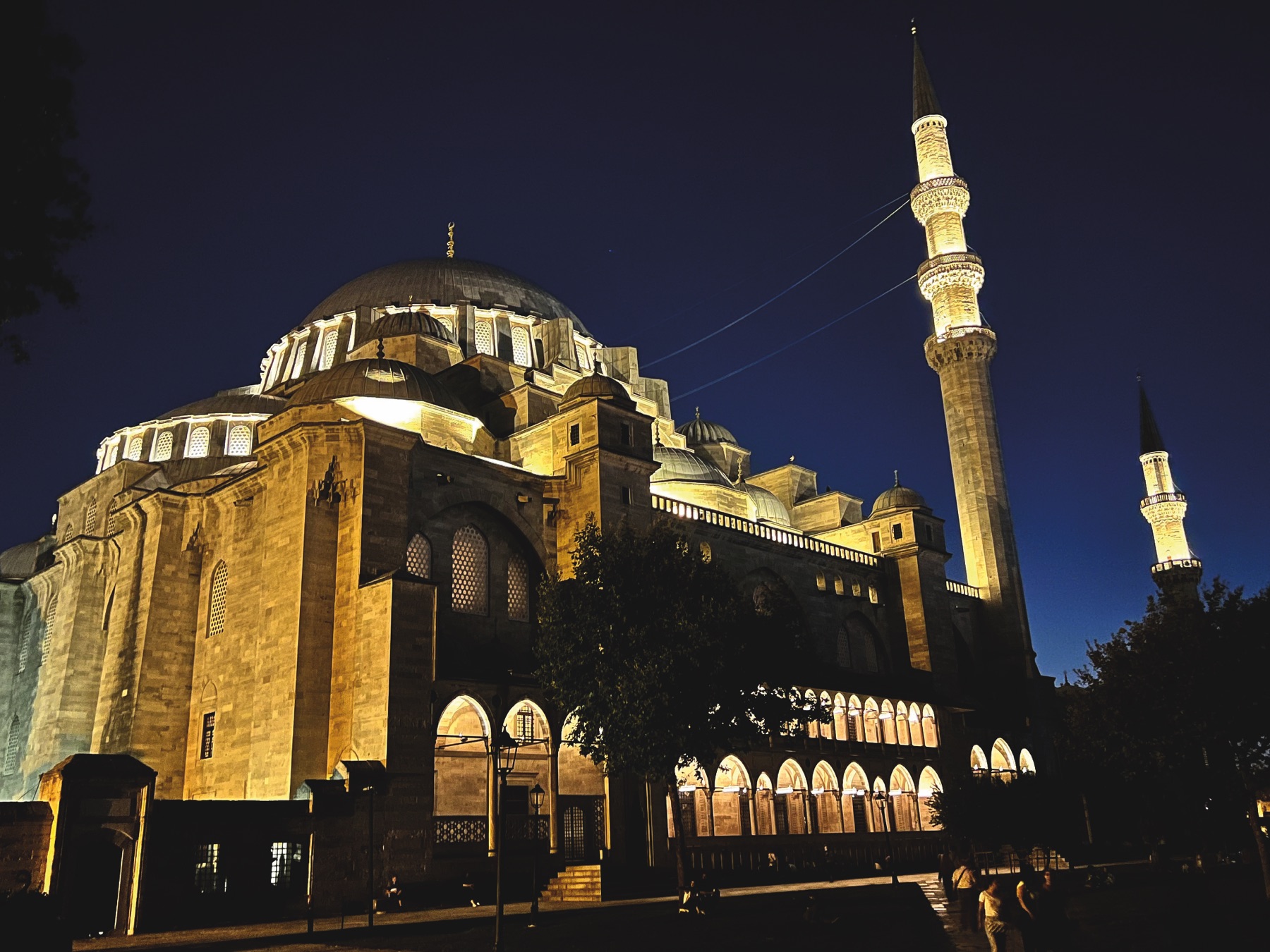
The audience was drawn into tales of siege and survival, from the onslaught of Persians, Arabs, and Crusaders to the final dramatic fall of the city to the Ottomans in 1453. With the rise of Istanbul, Kubín showed how the city once again reinvented itself. Under the Ottomans, it became not only a political capital, but a spiritual heart of the Islamic world, and a beacon of artistic and architectural achievement. Yet the layers of history remained visible, with mosques rising beside ancient forums, and markets thriving where imperial processions once passed.
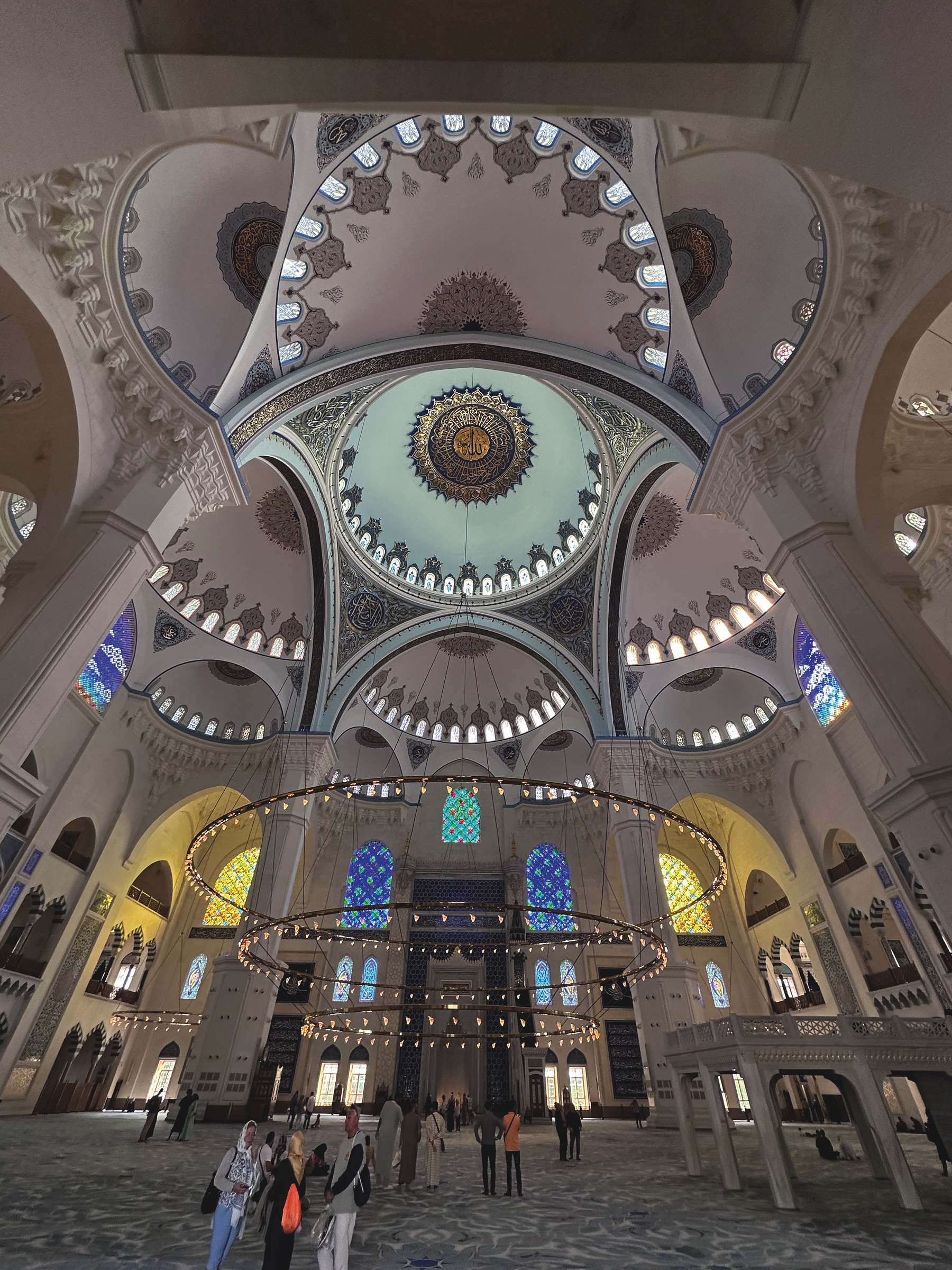
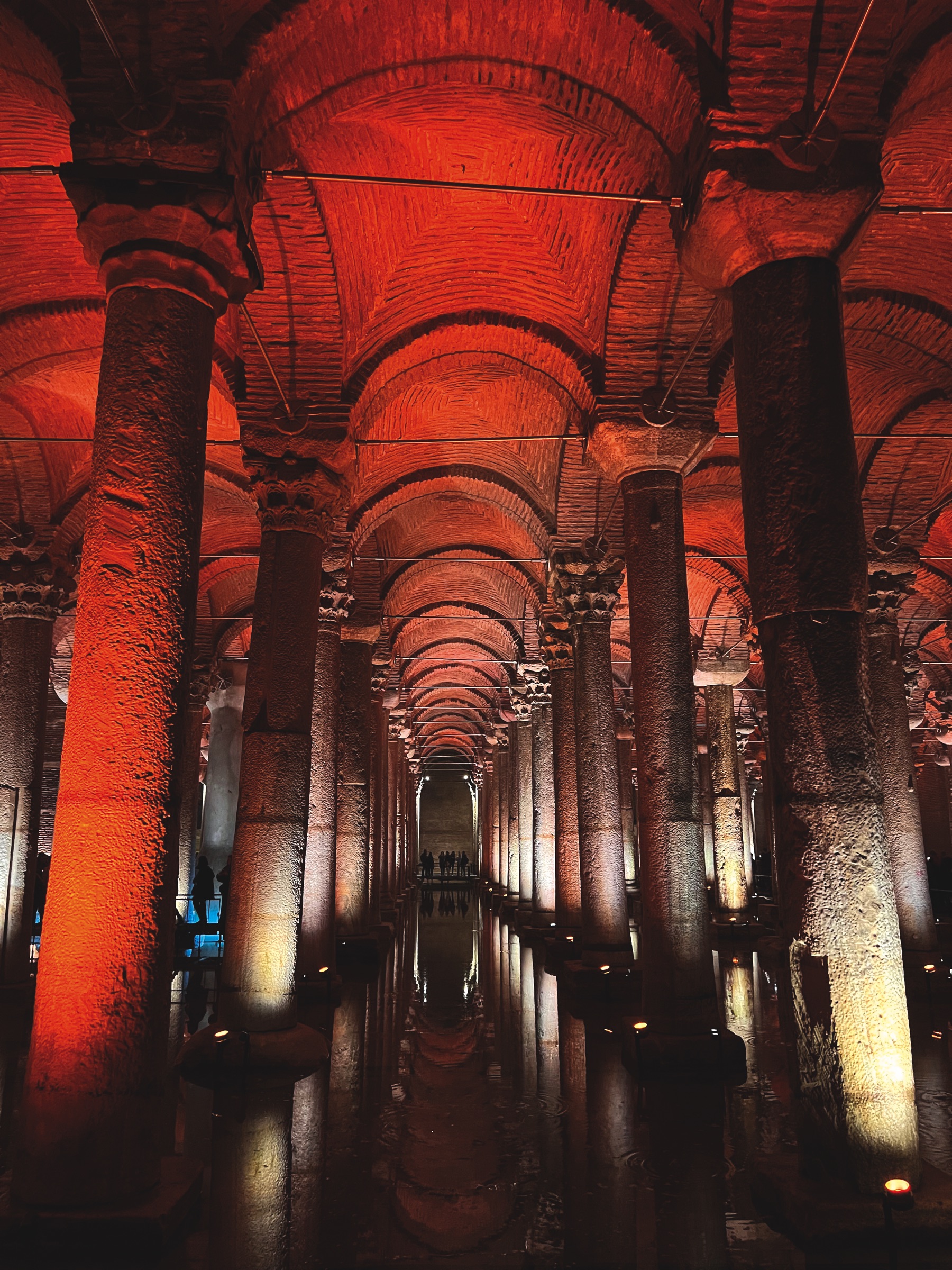
What distinguished Kubín’s lecture was not simply his command of historical detail, but the way he invited his audience to reflect on deeper questions: What does a city like Istanbul teach us about power, identity, and resilience? How does a city at the crossroads of worlds navigate the tensions of change? In his conclusion, Kubín proposed that Istanbul is, above all, a city of lessons. It teaches that power is fleeting, but culture endures. That the strongest cities and civilizations are those that absorb, adapt, and transform rather than resist the tides of change. That history is not linear, but layered—and that those layers, far from being a burden, are what gives a city its richness and meaning.
The evening left a lasting impression on the diplomatic audience, many of whom serve in cities with similarly layered identities and shared histories of dialogue and conflict. Kubín’s lecture served as a reminder of the importance of cultural understanding and historical perspective in today’s interconnected world.
As the lecture drew to a close in the elegant surroundings of the ambassador’s residence, there was a shared sense that Istanbul’s story is not only the story of a city—but a metaphor for the shared human experience: of survival, transformation, and the endless search for belonging at the meeting place of worlds.
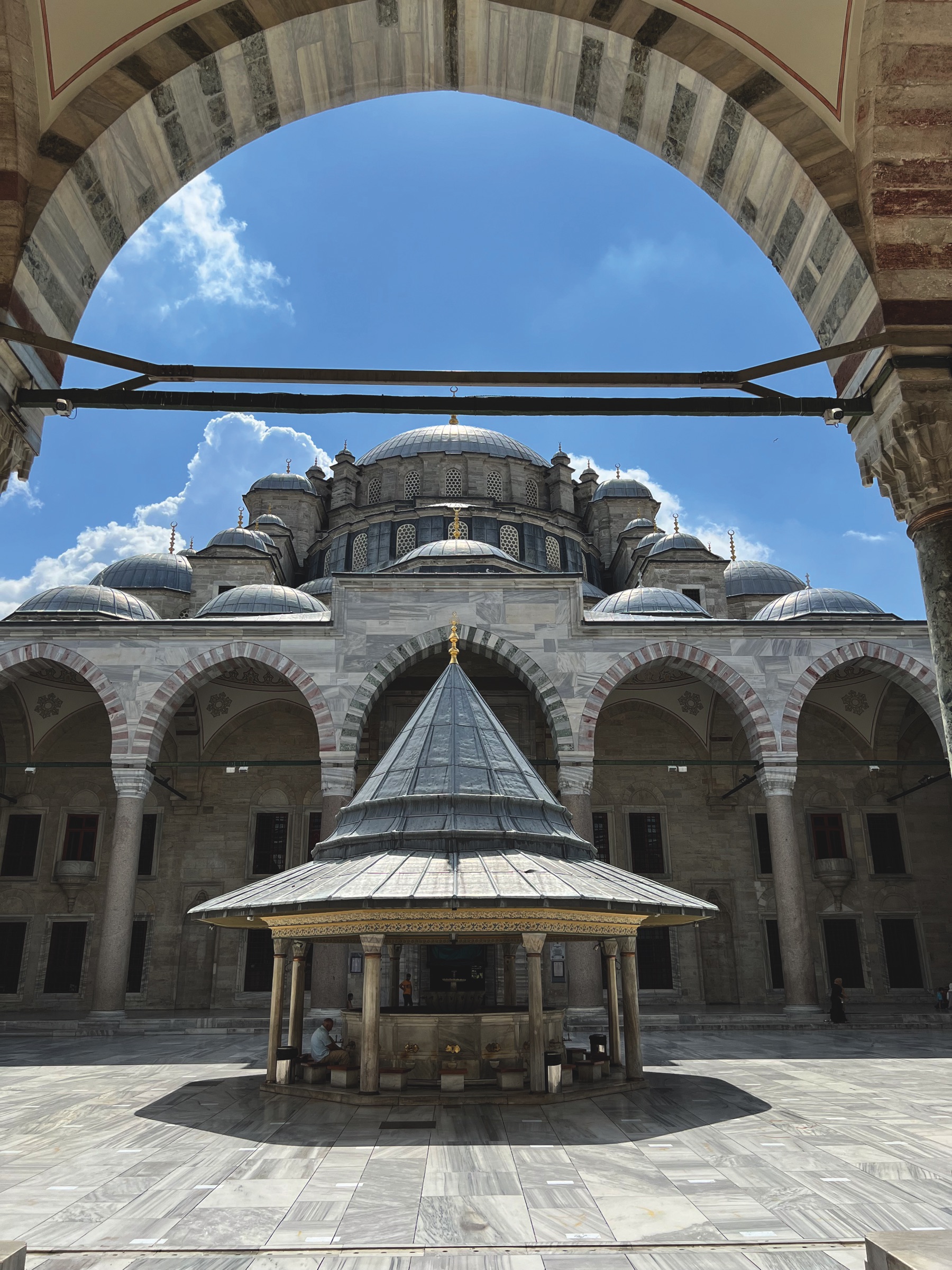
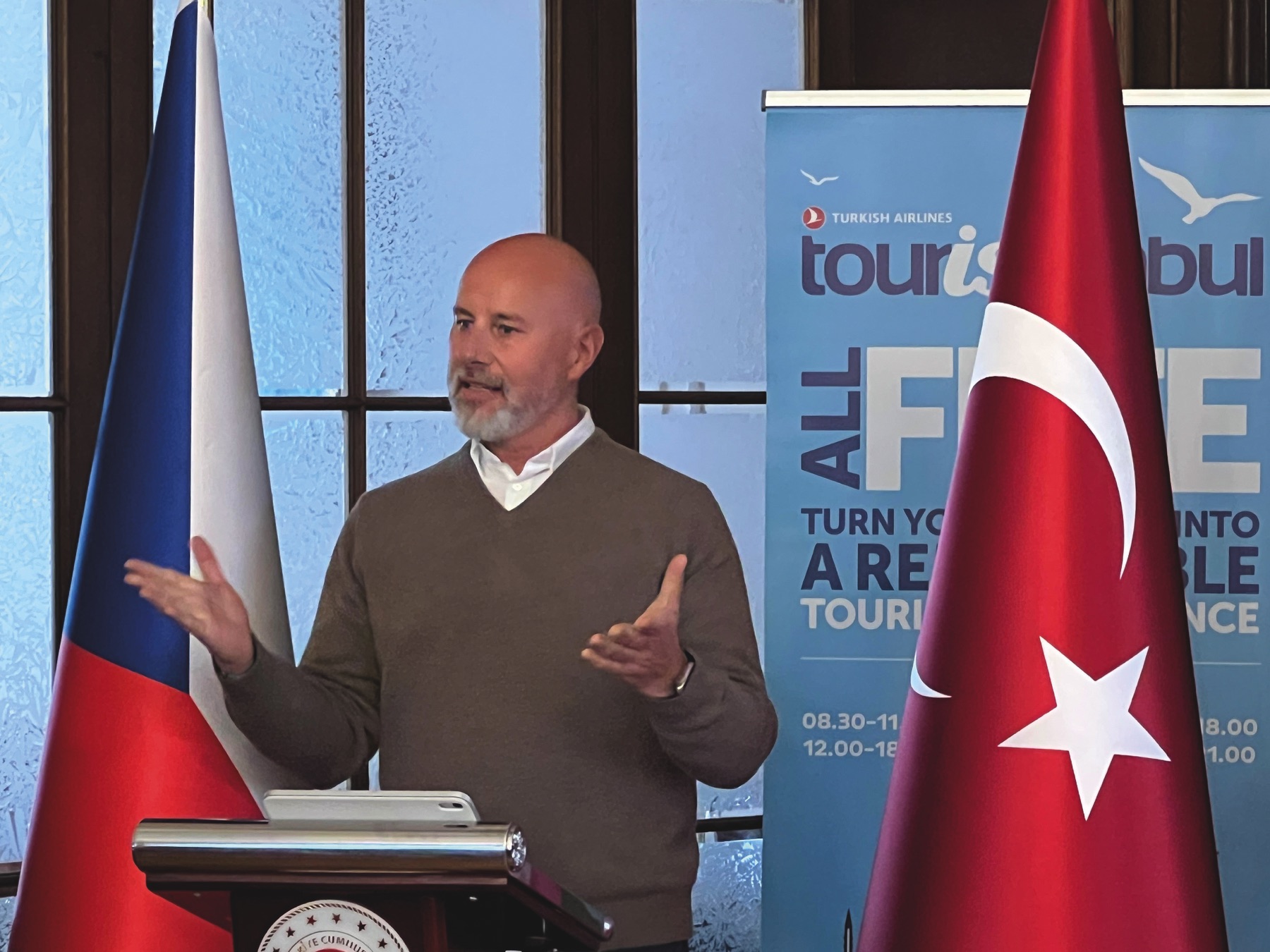 Lukáš Kubín is a historian and orientalist specializing in the cultural and architectural legacies of the Islamic world and the Mediterranean. He studied in Prague, Nagoya (Japan), and at Oxford University, where he focused on Islamic art, architecture. He has also held a fellowship at the University of Cambridge, further deepening his research into cross-cultural connections. Kubín is a passionate advocate for cultural exchange and the popularization of history. His work explores the intersections of East and West. He contributes regularly to international lectures, publications, and cultural initiatives that promote greater understanding across cultures.
Lukáš Kubín is a historian and orientalist specializing in the cultural and architectural legacies of the Islamic world and the Mediterranean. He studied in Prague, Nagoya (Japan), and at Oxford University, where he focused on Islamic art, architecture. He has also held a fellowship at the University of Cambridge, further deepening his research into cross-cultural connections. Kubín is a passionate advocate for cultural exchange and the popularization of history. His work explores the intersections of East and West. He contributes regularly to international lectures, publications, and cultural initiatives that promote greater understanding across cultures.

